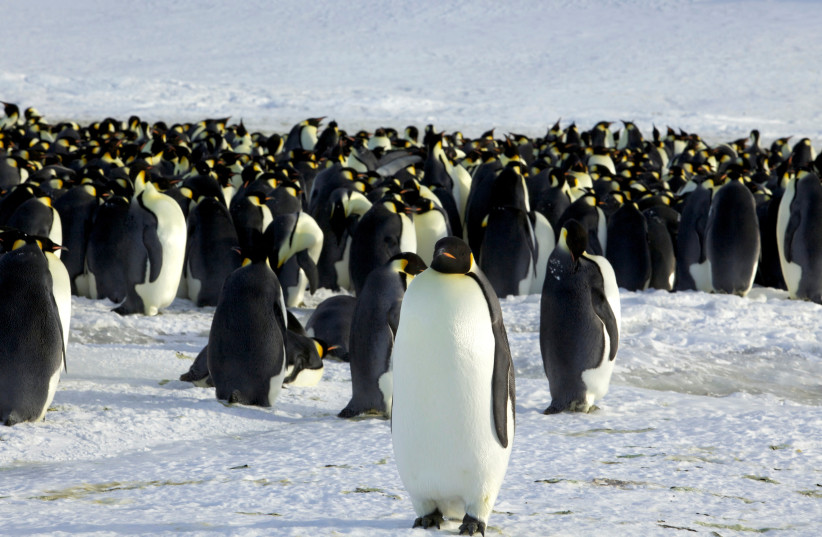Penguins were able to fly until 60 million years ago when their bodies adapted to aquatic life, a study published Tuesday found.
A new peer-reviewed study published in Nature Communications on Tuesday found new information about factors that contributed to this evolutionary process, including geology and climate, and identified a group of genes that may affect vision, diet, size, immunity, oxygenation and thermoregulation.
Furthermore, the study found that penguins and their relatives Procellariiformes have the lowest evolutionary rates known in birds.
"Together, these findings help improve our understanding of how penguins have transitioned to the marine environment, successfully colonizing some of the most extreme environments on Earth," the study read.
Although prior research has uncovered new information about penguin evolution, previous studies have been hampered by sampling issues, according to the study.

Process
“... [W]hen most people think of penguins, they picture them among ice floes and being chased by leopard seals, penguins evolved to be aquatic creatures before the polar ice sheets formed!”
Study co-author Prof. Richard Phillips, British Antarctic Survey
In the new study, researchers combined the genomes of all living and recently-extinct penguin lineages, as well as data from penguin fossils and data about the physical structure and the geographical distribution of all extant and extinct penguin species.
Furthermore, the researchers compared the genomes of the penguins to those of other birds, then conducted an analysis and found that penguins adapted to major changes in the global climate and thus developed the capability to survive extreme temperatures.
“Although when most people think of penguins, they picture them among ice floes and being chased by leopard seals, penguins evolved to be aquatic creatures before the polar ice sheets formed!" Study co-author Prof. Richard Phillips, a seabird ecologist at the British Antarctic Survey, said. "Over time, they evolved characteristics that allowed them to [colonize] a wide range of marine environments from the tropics to Antarctica. This paper provides a step change in our understanding of which genes underpin these different adaptations.”
